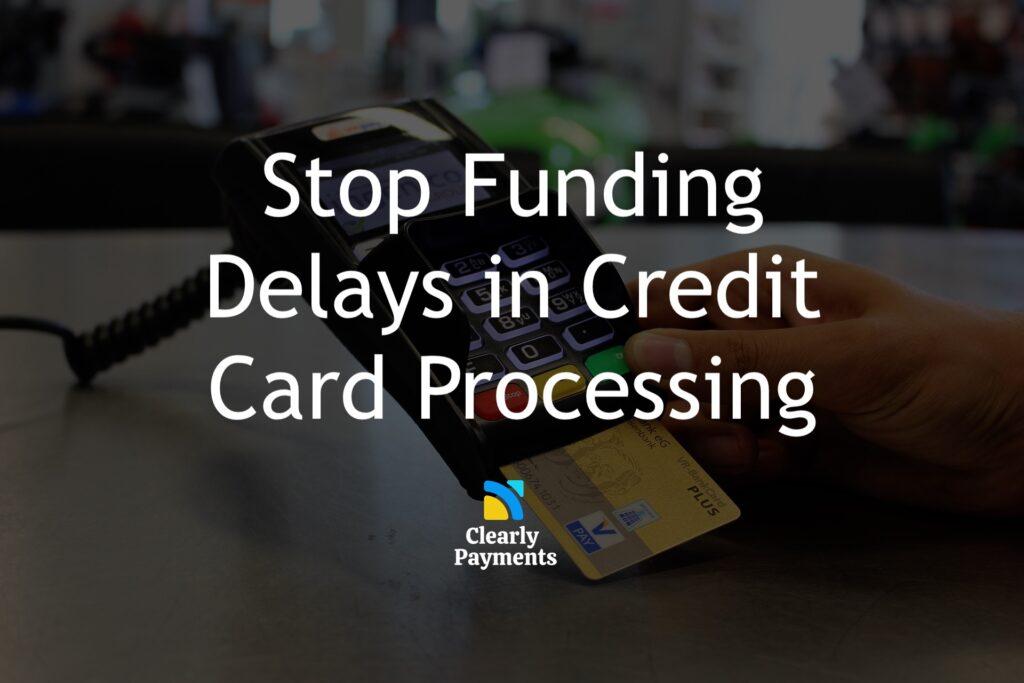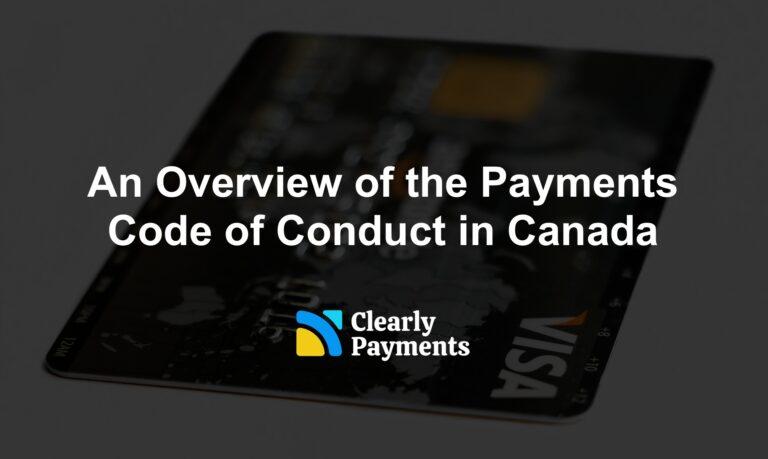One of the great things about credit card processing is that funds are deposited into your bank account within one or two days without having to go to the bank. Everything is digital. However, not all payment processors are equal. Some do same day or next day funding, like TCM, and some payment processors take a week to put funds into your bank account.
On occasion, there are funding delays. This means funds are held by your payment processor for some time before they are deposited into your bank account. Funding delays are typically a couple days, but some cases can take weeks or months. As a business, there’s not much more frustrating in payment processing than funds not being deposited into your bank account. What’s worse is if you don’t even know why they are being held.
The reason funding delays happen
Funds to a merchant’s bank can be delayed for many different reasons. Overall, funds are delayed to prevent fraudulent transactions. It is to reduce risk of losing money. Even funds that are legitimate might be held because they appear fraudulent to the payment processor.
One of the most common funding delays occur when a particular transaction is higher than the average transaction of your business. For example, if you mostly have transactions that are $250 and you run a payment that is $7000, it is likely that the batch will be delayed until the $7000 payment is verified as legitimate. The payment processor will reach out to the merchant to verify the transaction. Sometimes the payment processor will even have the end customer verify the transaction.
If you have a merchant account with a payment processor with a high level of service, like TCM, they will verify the transaction quickly and release the funds. Many payment processors are slower and may take a week or two. If your payment processor is with an aggregator, like PayPal or Square, they may not reach out the merchant and just hold the funds to see if there is a chargeback. This could take weeks. You can do a simple search on Google for PayPal funding delays to read some of the stories of funds being held. This is one reason why larger businesses should go with a merchant account rather than an aggregator.
What to do if your funds are delayed
The most simple thing you can do if your funds are delayed is contact your payment processor and provide them with the information of your transactions in the delayed batch. Give them the details that ensure it is a legitimate transaction. Therefore, it is important that you keep good records of your transactions and customers. TCM tries to be proactive and will typically reach out to the merchant before they contact us if there is any significant delay in funding.
Reaching some payment processors can be very difficult if you don’t go with a payment processor with great customer service. If your payment processor is an aggregator like Square, it can be even harder. Aggregators are built to service millions of smaller businesses and use self-serve tools for merchants.
Ways to reduce funding delays in payments
Some funding delays are good, particularly in the case where it is truly a fraudulent transaction. However, most funding delays are not due to fraud. They are mostly due to one-off transactions that are not typical for your business. Here are a couple things you can do to prevent funding delays of legitimate transactions.
Ensure your payment processor has the correct limits of your business
When you get a new merchant account, you tell the payment processor about your average transaction size and the number of transactions per month. This gives them a baseline of what to expect. If there is any inaccurate data in this on-boarding, it can cause a delay. Ensure you supply accurate information. If your business changes, let your payment processor know. All businesses evolve.
Let your payment processor know before you run abnormal transactions
Payment processors look at your historical data and flag transactions that are inconsistent. When your business is about to run a transaction that is larger than normal or if you are about to have a large increase in sales, it is best to notify your credit card processor in advance. A merchant stands a much better chance of having no delays in batches if the payment processor is aware beforehand. For TCM, you can just send a quick email and we’ll file that to our risk department.




